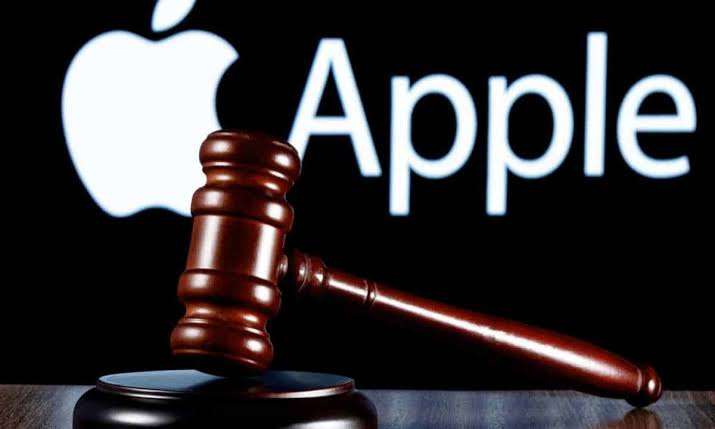A lawsuit against Apple alleging anti-competitive practices regarding its Apple Cash product was dismissed by US District Judge Vince Chhabria.
United States District Judge Vince Chhabria dismissed an antitrust case that customers of Venmo and Cash App had filed against Apple.
Allegations that the California firm’s Apple Cash product was anti-competitive led to the filing of the action. On November 17, 2023, San Jose received the initial submission of the case.
The lawsuit aimed to hold Apple responsible for perceived monopolistic practices related to the Apple iOS App Store. They reportedly makes it difficult or impossible for competitors to the Apple Pay service to provide desirable features such as integrating decentralized cryptocurrency payments into existing or future products and services.
The filed complaint against Apple supports this claim.Therefore, the complainants claim that Venmo, CashApp and other services, regardless of their existence or recent launch, are unable to provide features that would lead to more competitive prices and enhanced functionality for iOS end users.
Judge Chhabria granted the application for dismissal that Apple submitted on March 26 and 20. According to the case filing, the complaint contained “several fatal issues.”
The lawsuit argues that the plaintiffs did not prove what antitrust activities were taken, nor did they establish why competitors like Zelle were not included in the initial complaint. This is stated in the file.
In addition to this, it describes the plaintiff’s lawsuit as “speculative” and explains what the court considers to be an incorrect fundamental assumption.
It is essentially the case that the initial complaint asserts that Apple’s terms of service for products like Venmo and Cash App to be available on the App Store ban those companies from incorporating Bitcoin functionality into their products.
In his decision, the court identifies the applicable guideline, Guideline 3.1.5, in the Terms of Service for the App Store, but he does not consider it appropriate.
“Even assuming that Guideline 3.1.5 restricts decentralized cryptocurrency transactions (which seems doubtful), it is not clear how companies agreeing to a guideline outlining the Apple Store requirements for apps facilitating cryptocurrency transactions constitutes an unlawful agreement.”
As stated in the petition, the plaintiffs have a period of twenty-one days beginning on the filing date to submit amendments to the case. These amendments can potentially compel the court to proceed with the lawsuit before the dismissal becomes official.
However, taking into consideration the tone of the judge’s concluding words in the petition, it is possible that the chances are not in the plaintiff’s favor.
“The plaintiffs should not assume that the defects mentioned in this ruling are the only ones in the complaint. Apple’s motion to dismiss has put them on notice of many more potential problems. Indeed, it is difficult to see how amendment could salvage this case. But, in an abundance of caution, the motion to dismiss is granted with leave to amend. If no amended complaint is filed within 21 days of this ruling, dismissal will be with prejudice.”

